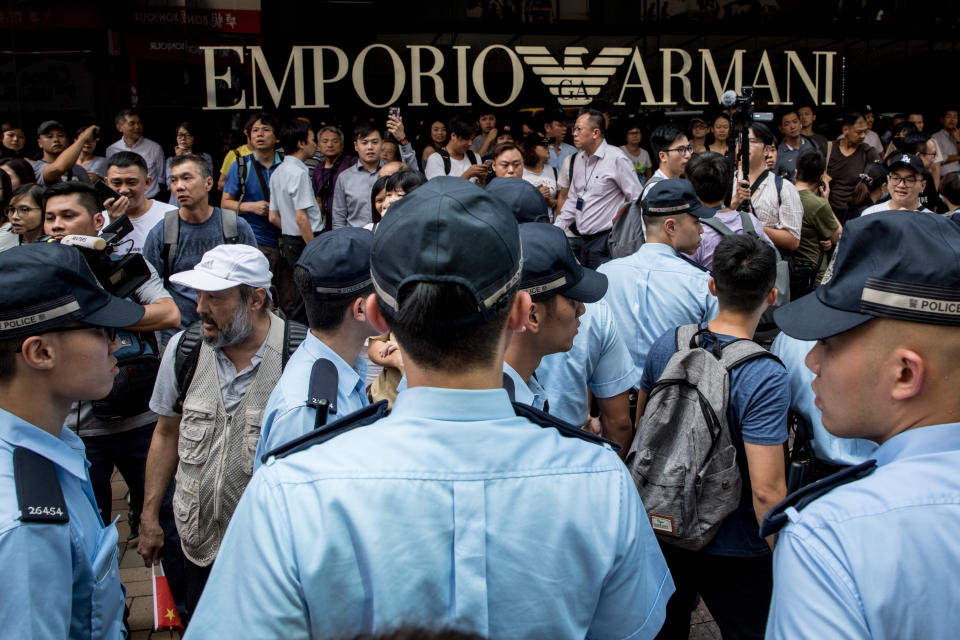Hong Kong hotel workers go on unpaid leave as tourists shun city

By Jinshan Hong
Bloomberg) -- As the protests in Hong Kong drive away visitors, the city’s hotel workers are in the firing line.
About 77% of people working in hotels have been asked to take unpaid leave of up to three days while 46% expect their monthly income to be reduced by as much as HK$3,000 ($383), according to a survey by the Hotels, Food and Beverage Employees Association. About 43% believe hotels will cut jobs if the situation worsens.
“The continuous escalation of protests to violent levels has seriously affected Hong Kong’s reputation as a shopping haven and capital of gourmets,” the association said in a statement on Monday. “Travellers, worried about the deterioration in social order, cancelled their plans.”
The survey of 438 hotel employees working across more than 40 hotels in Hong Kong was conducted at the end of August, and reveals the impact of a collapse in travel bookings in the face of protests now in their 16th week. Hong Kong’s tourism sector has been decimated by footage beamed around the world of leaderless protests that have occasionally flared into violence and affected the city’s airport.
Overall, tourism to the city declined almost 40% in August from a year earlier, said Financial Secretary Paul Chan in a blog post earlier this month. That’s the worst drop since the 2003 SARS epidemic.
The demonstrations, which morphed from opposition to an extradition bill to a broader challenge against Beijing’s authority, show no signs of abating, despite Chief Executive Carrie Lam’s decision to scrap the controversial legislation this month. Tourists from mainland China are especially wary that they could be targeted by protesters.
The association is calling for the government to set up an unemployment fund to help displaced hotel workers, provide free course for upgrading skills, and study allowances. It also wants the hotels to train employees instead of forcing them to take unpaid leave, or cutting jobs.
Hotel workers see this crisis as worse than the SARS situation. “SARS was for all of five months. But we don’t know when the protests will end,” the association said in the statement. “It is hard for a hotel to survive.”
© 2019 Bloomberg L.P.

